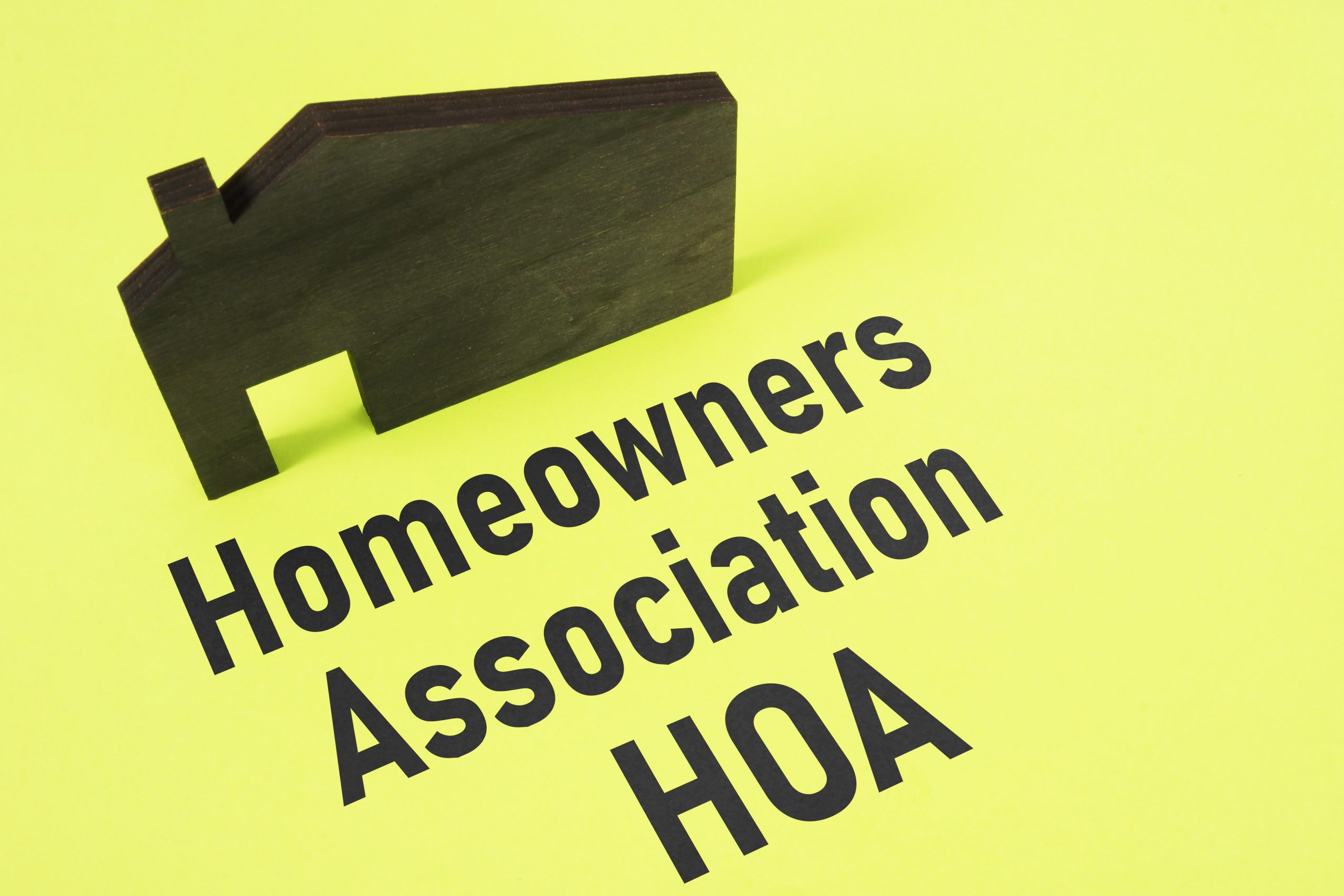Now that the election is a week behind us, the final results of the various political races and ballot measures are becoming clear. There are still 15,500 votes left to count as of November 15th, but many of the results are final. Below are the results that most impact land use and real estate in San Francisco.
Board of Supervisors
With Supervisors Stefani (D2), Mandelman (D8), and Walton (D10), cruising to easy re-elections, the focus has been on Districts 4 and 6. In both, the race has been between a mayoral-backed, moderate candidate and a Board-backed, progressive candidate. The outcome of these two races will shift the makeup of the Board and impact how land use decisions are made, particularly housing policy and project decisions. Currently, the Board leans more progressive and is somewhat conservative when deciding many land use decisions. Recent examples of project denials are 469 Stevenson Street and 450 O’Farrell Street – both of which may have been approved with a more moderate make up of Supervisors.
As of Tuesday November 15th, Joel Engardio is leading Supervisor Gordon Mar, the incumbent, in District 2 at 51% to 48.9%. In District 6, Supervisor Matt Dorsey has won the seat with 51.6% of the vote.
If the current count stands in District 2, then the balance of the Board of Supervisors is sure to tilt to a more moderate stance that is friendlier to the development of housing projects.
SF Propositions
There were 14 propositions on the November ballot, with the following of most interest to land use and real estate.
Prop D & Prop E – Fast Track Affordable Housing
These two measures were perhaps the most written about and discussed (at least in land use circles). Prop D was put on the ballot by the Mayor, Prop E by the Board of Supervisors. Both have a goal of streamlining the approval process for affordable housing developments. However, they differed in qualifying requirements, types and level of affordable units, and project review timing. Each needed a simple majority to pass; if both reached 50% then the measure receiving the most votes wins.
As of this writing, both measures are expected to fail. Neither has reached the 50% threshold, although Prop D is closer at 48.5% (compared to 45.3% for Prop E). With the defeat of Prop D, it will continue to be difficult to review, approve, and construct affordable housing in San Francisco.
Prop M – Vacancy Tax on Landlords
Perhaps one of the more controversial measures on the ballot, this measure will tax landlords that keep residential units vacant and off-market. It applies to property owners with at least three units who keep them vacant for more than 6 months. Fines start at $2,500 and $5,000 per empty unit, increasing annually. While this measure penalizes owners who choose not to be landlords or keep units vacant for a variety of reasons, it does exempt single-family and duplex owners. Meaning, owners of homes with Accessory Dwelling Units (ADUs) and the like that are not rented out will be able to continue to keep them vacant.
Prop M passed with 53% of the vote, which some say shows how the citizens are fed up with the high number of empty units. For others, it is overreach into the private business doings of property owners.
Prop M contained language allowing the Board of Supervisors to amend the tax by 2/3rds vote and without voter approval. Meaning, those with ADUs may soon be subject to this tax. Regardless of how one feels about this, it will be interesting to watch how it plays out over the next several years.
Prop I & Prop J – Vehicles on JFK Drive and the Great Highway
Another set of competing land use measures, this time relating to keeping certain roads vehicle-free. Both were spurred by the Board of Supervisors approval to make JFK Drive permanently car-free in 2020. Prop I would allow cars back on JFK Drive, except on all Sundays, Saturdays during the summer, holidays and special events. Prop I would fully reopen the Great Highway to cars as well. Prop J would affirm the Board’s decision and keep JFK Drive vehicle-free.
Prop J overwhelmingly passed. Residents utilized JFK Drive during the COVID lockdown, and Rec & Park’s efforts to turn the road into a safe public gathering space helped people see the long-term benefits of keeping it car-free. Now that the road’s fate is determined, it will be interesting to see if the city can make it into a true public benefit.
Prop L – Sales Tax to Fund SFMTA Projects
This measure to extend the city’s 0.5% sales tax to fund transportation projects has passed with nearly 71% of the vote; it needed a two-thirds majority vote to pass. The current tax isn’t set to expire for years, but the last measure extending it set strict limits on how the money could be spent. Prop L would allow San Francisco to continue spending funds from the tax on categories where it has currently reached or is nearing its spending cap, including buying new light rail vehicles.
Authored by Reuben, Junius & Rose, LLP Attorney Tara Sullivan.
The issues discussed in this update are not intended to be legal advice and no attorney-client relationship is established with the recipient. Readers should consult with legal counsel before relying on any of the information contained herein. Reuben, Junius & Rose, LLP is a full service real estate law firm. We specialize in land use, development and entitlement law. We also provide a wide range of transactional services, including leasing, acquisitions and sales, formation of limited liability companies and other entities, lending/workout assistance, subdivision and condominium work.



